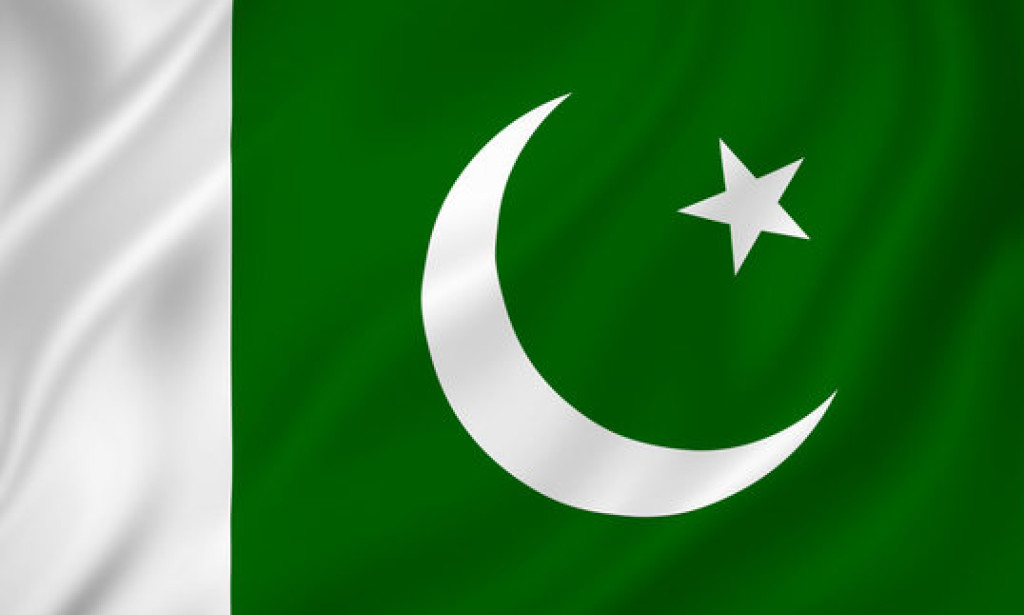Eid Milad-un-Nabi: A Celebration of the Birth of the Prophet Muhammad (PBUH)

Eid Milad-un-Nabi, also known as Mawlid al-Nabi, is a significant religious occasion observed by Muslims around the world to commemorate the birth of Prophet Muhammad (peace be upon him). The occasion falls on the 12th day of Rabi' al-Awwal, the third month of the Islamic lunar calendar. It is a day of great spiritual and communal significance for many Muslims, as it serves as an opportunity to reflect on the life, teachings, and legacy of the Prophet Muhammad (PBUH).

The exact date of the Prophet's birth is debated among Islamic scholars, but the majority of Sunni Muslims believe it to be the 12th of Rabi' al-Awwal, while Shia Muslims often observe it on the 17th of the same month. The tradition of celebrating Eid Milad-un-Nabi dates back centuries, with historical records indicating that it was first observed in the early Islamic period by Muslim rulers who organized gatherings to honor the life and mission of the Prophet. Over time, the event evolved into a community-wide celebration with religious lectures, recitations of poetry in praise of the Prophet, and acts of charity.
Eid Milad-un-Nabi is an occasion for Muslims to remember the immense contributions of the Prophet Muhammad (PBUH) in spreading the message of Islam. He is regarded as the last messenger of Allah, sent as a mercy to the entire world, guiding humanity toward righteousness, justice, and compassion. His life serves as an example of moral and ethical conduct, and his teachings remain the foundation of Islamic beliefs and practices.
For many Muslims, celebrating the Prophet's birth is a way to express their love and gratitude for his efforts in delivering the message of Islam. They engage in acts of worship, such as reciting the Holy Quran, offering special prayers, and listening to sermons about his life. The Prophet’s teachings emphasize kindness, honesty, patience, and devotion to God, and these values are reinforced through discussions and gatherings held on this occasion.
The manner in which Eid Milad-un-Nabi is observed varies across different Muslim communities and regions. In many countries, mosques and homes are beautifully decorated with green banners, lights, and Islamic calligraphy. Green, being the color associated with Islam and the Prophet, is prominently used in decorations and clothing.
Processions and gatherings are common in many Muslim-majority countries. People march through the streets, chanting praises of the Prophet, reciting religious hymns (naats), and distributing food and sweets among the less fortunate. Special conferences and lectures are organized where Islamic scholars speak about the Prophet’s life, his struggles, and his message of peace and unity.
Charitable acts are also an important aspect of this day. Many Muslims take this opportunity to help the needy by distributing food, clothing, and financial assistance. This reflects the Prophet’s emphasis on caring for the poor and needy, as he himself lived a life of simplicity and service.
The Prophet’s teachings emphasize kindness, honesty, patience, and devotion to God, and these values are reinforced through discussions and gatherings held on this occasion.




You must be logged in to post a comment.